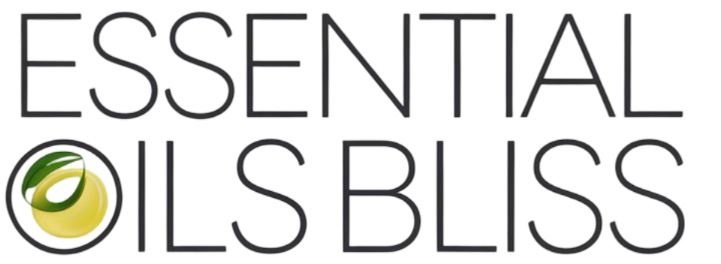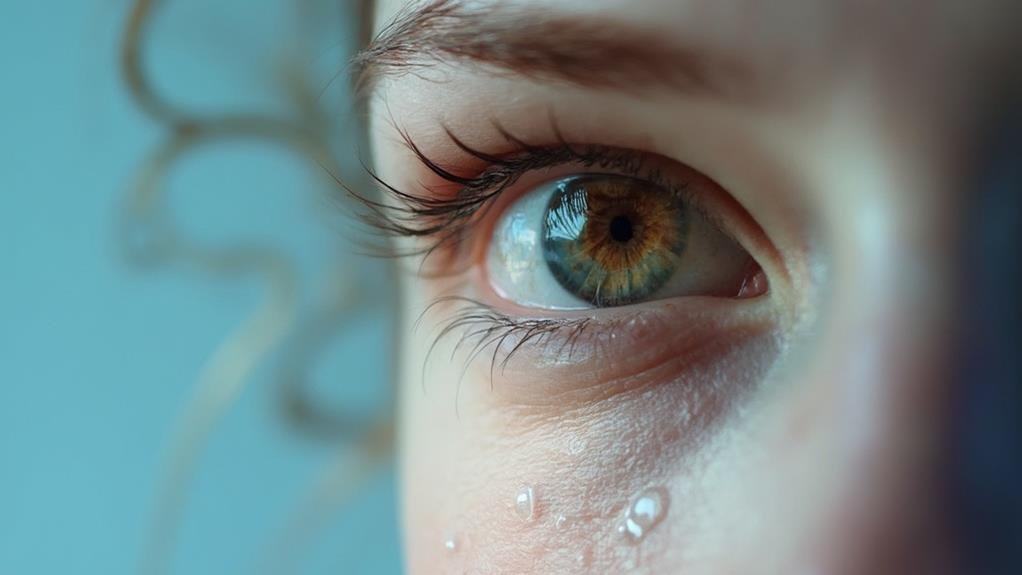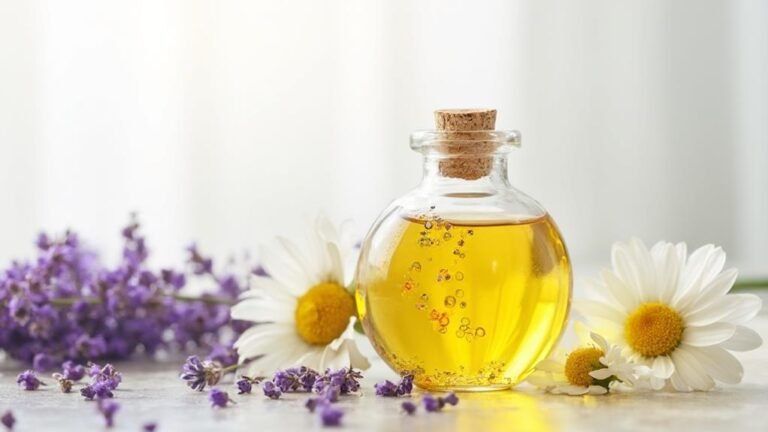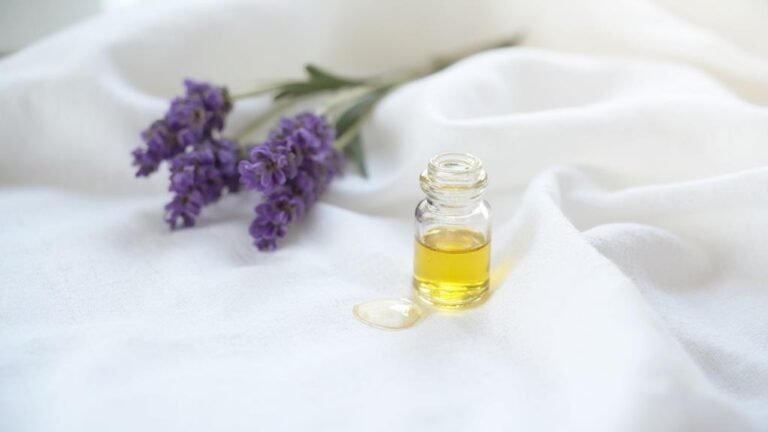Can Essential Oils Damage Eyes?
Yes, essential oils can damage eyes if they come into direct contact.
Essential oils are highly concentrated and can cause irritation, inflammation, and even more severe damage to the eyes. It’s crucial to handle essential oils with care and take precautions to prevent eye exposure.
Why Are Essential Oils Harmful to Eyes?
Essential oils are potent because they contain a variety of natural compounds that give them their strong aromas and therapeutic properties. However, these same compounds can be irritating to the delicate tissues of the eyes.
How Essential Oils Can Harm Your Eyes
Essential oils can damage your eyes because:
- They can easily pass into your cornea: The cornea is the clear outer layer of your eye. Essential oils can quickly pass through this layer and cause damage to the underlying structures.
- They can cause inflammation: Inflammation is when your eye becomes red, swollen, and irritated. This can lead to discomfort, blurred vision, and even more serious problems if left untreated. Learn more about easing discomfort with essential oils for various applications.
- They can cause oxidative stress: This type of damage harms the cells in your eye and can contribute to long-term eye problems.
Essential Oils That Can Irritate Eyes
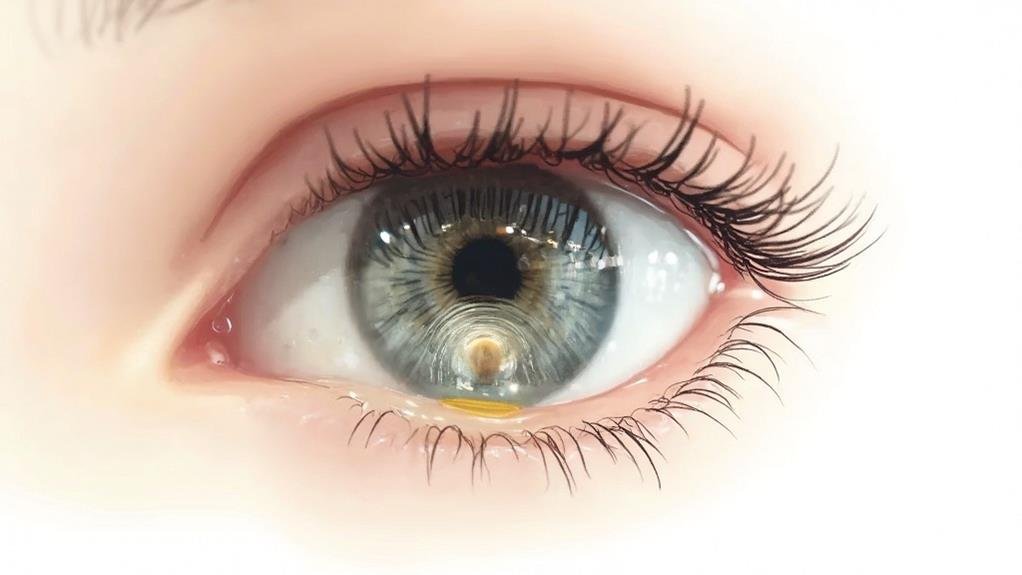
Some essential oils are more likely to cause eye irritation than others. These include:
- Peppermint: Contains menthol, which can cause a strong burning sensation.
- Lemongrass: High in citral, a known irritant.
- Tea tree oil: Contains a high concentration of cineole, which can be irritating to mucous membranes.
- Cinnamon: Can cause intense burning and irritation.
- Clove: Contains eugenol, which can be irritating and even cause numbness.
- Oregano: A very potent oil that can cause significant irritation.
Short-Term and Long-Term Effects of Eye Exposure
Short-Term Effects:
- Burning or stinging sensation
- Redness and inflammation
- Tearing and discharge
- Blurred vision
- Light sensitivity
Long-Term Effects:
- Chronic inflammation
- Corneal ulcers or erosions (damage to the cornea)
- Permanent vision impairment
- In severe cases, blindness
Preventing Eye Damage from Essential Oils
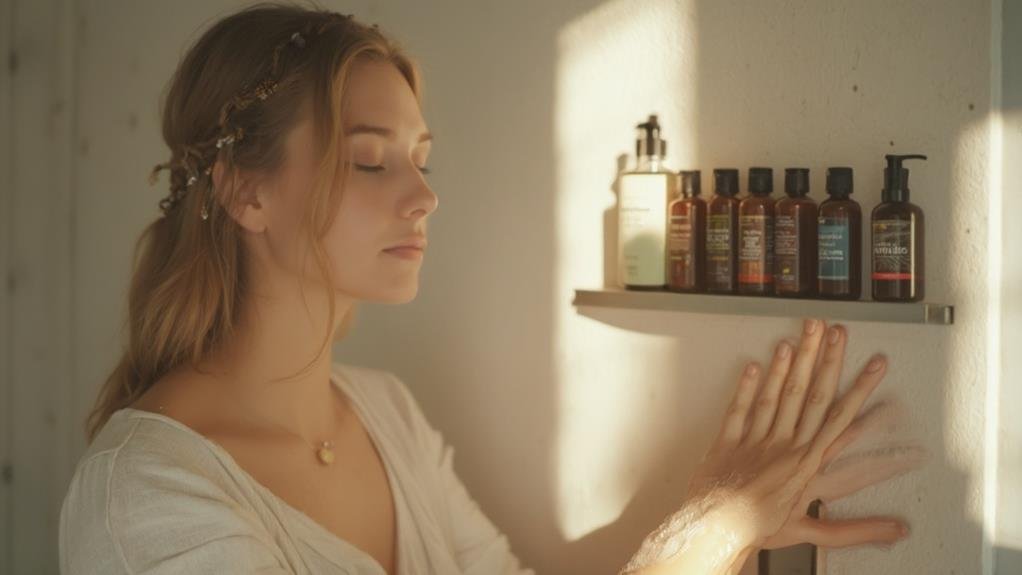
Here are some essential safety tips to prevent eye damage from essential oils:
- Handle with Care: Always handle essential oils in a well-ventilated area.
- Protective Gear: Wear protective eyewear when working with essential oils, especially if you are blending or diluting them.
- Avoid Touching: Avoid touching your eyes or face after handling essential oils. Wash your hands thoroughly with soap and water after use. For safe storage tips, see how to prevent accidents in the home.
- Secure Storage: Store essential oils securely, out of reach of children and pets, to prevent accidental ingestion or eye contact.
- Proper Dilution: Always dilute essential oils with a carrier oil (like coconut oil, jojoba oil, or almond oil) before applying them to the skin.
- Keep Away from Eyes: Never use essential oils as eye drops or apply them near the eyes.
What to Do if Essential Oil Gets in Your Eye
If you get essential oil in your eye, it’s crucial to act quickly:
- Flush Immediately: Immediately flush your eye with cool water for at least 15 minutes. Use a gentle stream of water and hold your eyelids open.
- Remove Contacts: If you wear contact lenses, remove them before flushing your eyes.
- Don’t Rub: Do not rub your eyes, as this can worsen the irritation.
- Seek Medical Attention: If you have any pain, discomfort, or changes in your vision after flushing, seek medical attention right away.
Special Considerations for Children
Children are more vulnerable to essential oil eye damage because their eyes and skin are still developing. Take extra precautions when using essential oils around children:
- Safe Storage: Store oils out of reach of children.
- Lower Concentrations: Use lower concentrations when diluting oils for children.
- Avoid Irritating Oils: Avoid using potentially irritating oils around children.
- Supervise Use: Supervise closely when using diffusers or applying oils topically around children.
Conclusion
While essential oils offer various benefits, it’s crucial to understand and respect their potency. By following proper safety guidelines and handling practices, you can enjoy the benefits of essential oils while protecting your eye health.
If you have any concerns about using essential oils, consult with a qualified aromatherapist or healthcare professional. Sources and related content.
